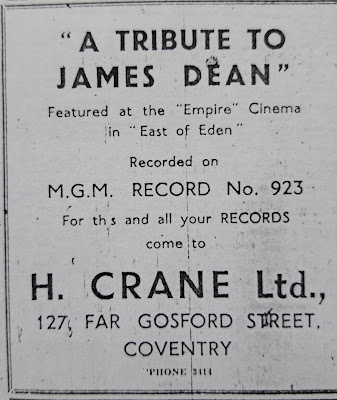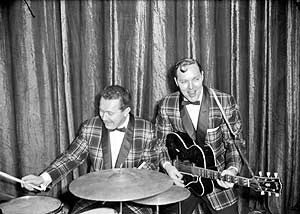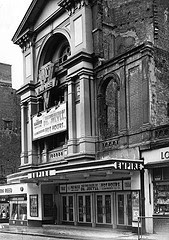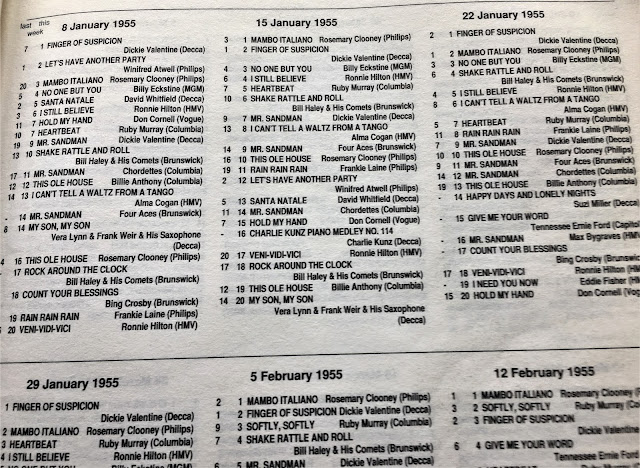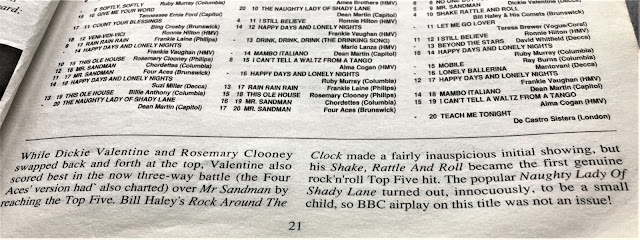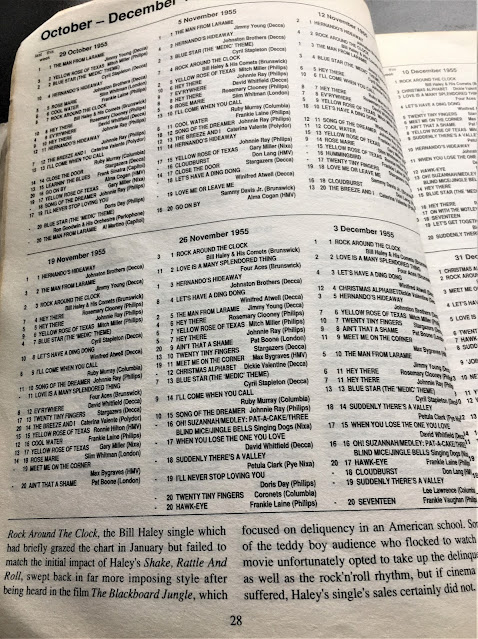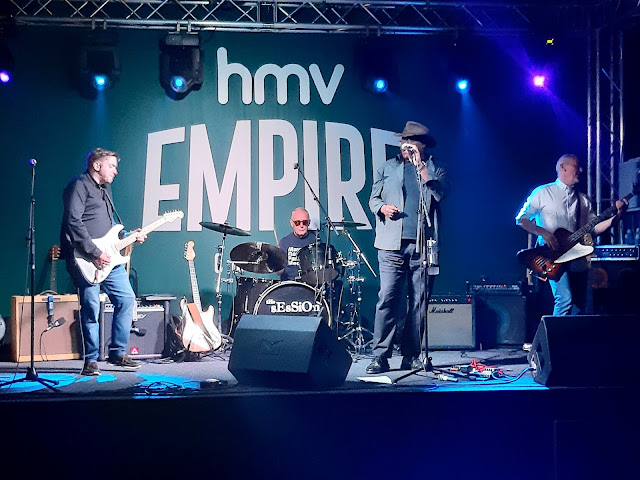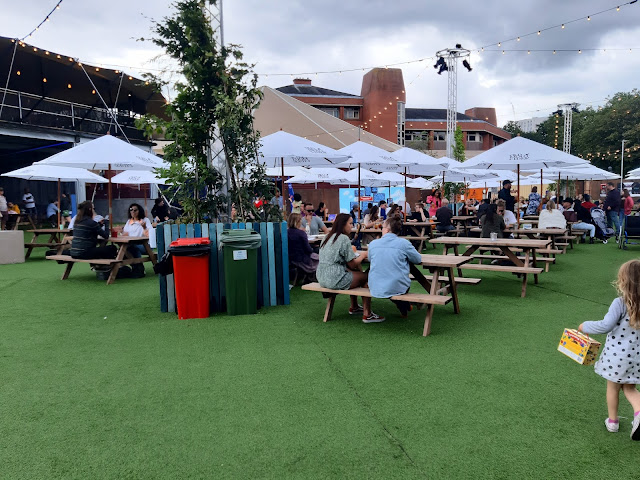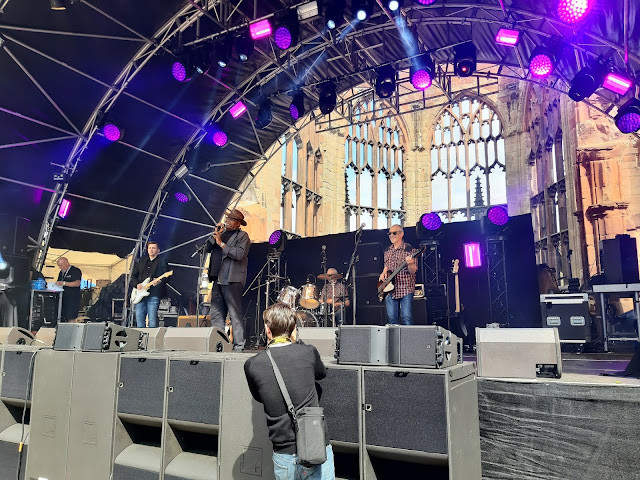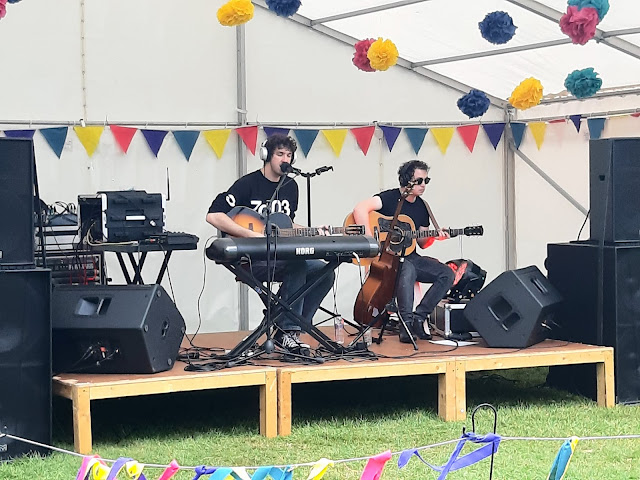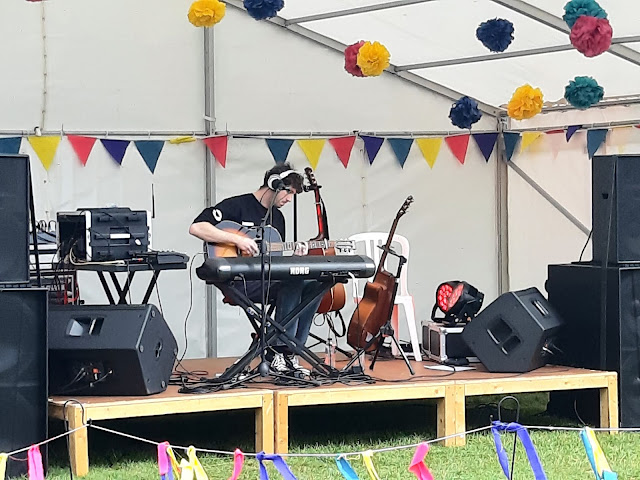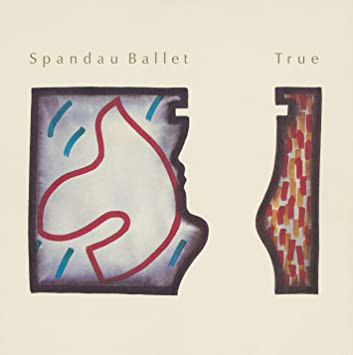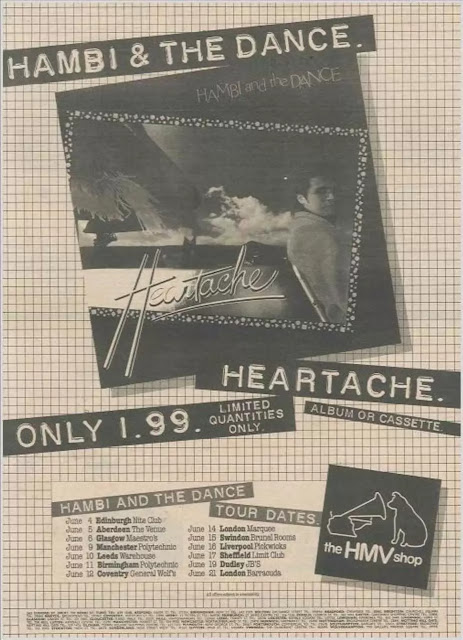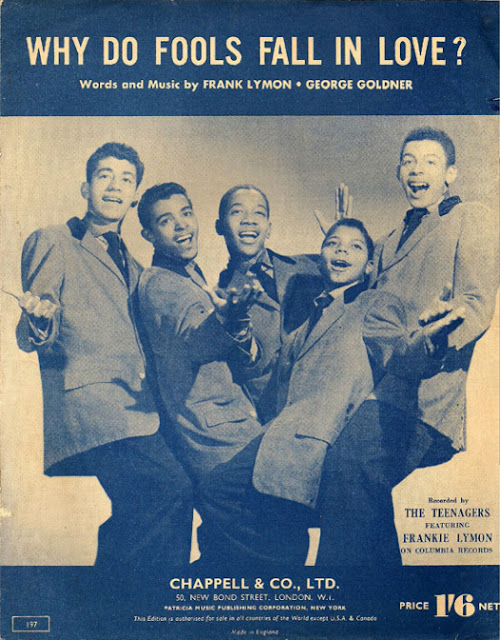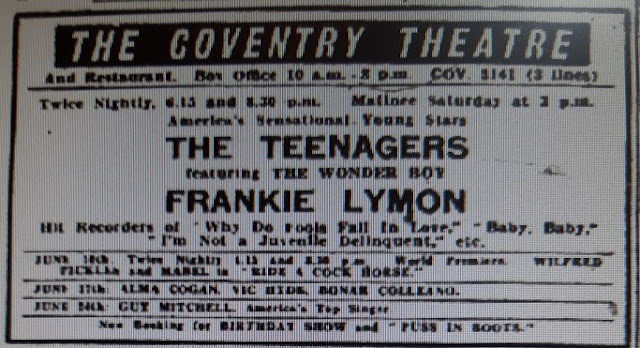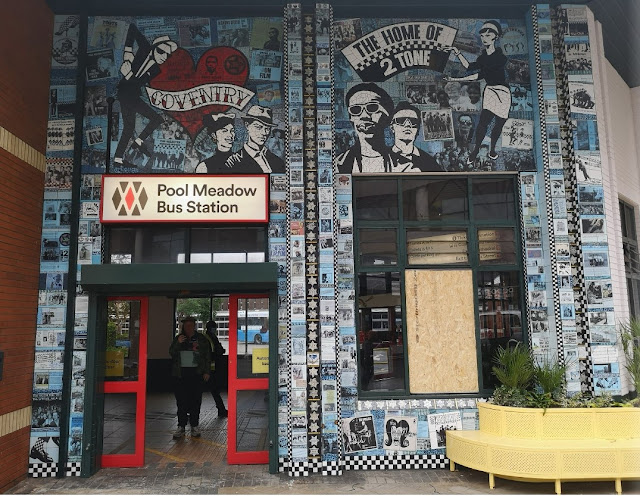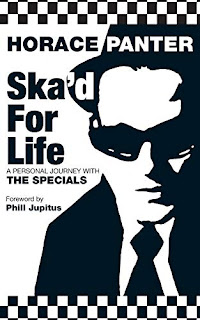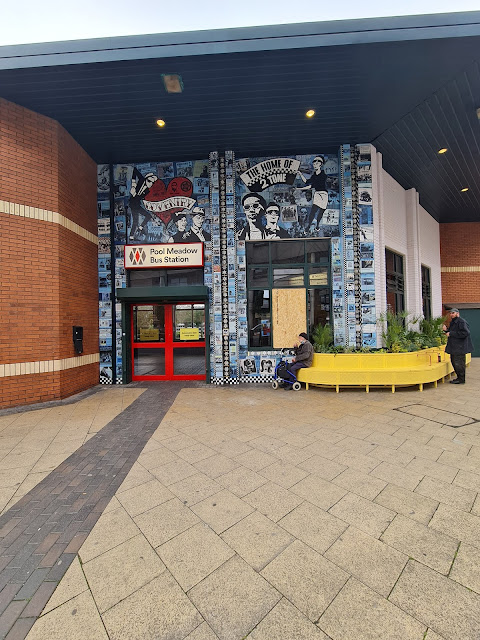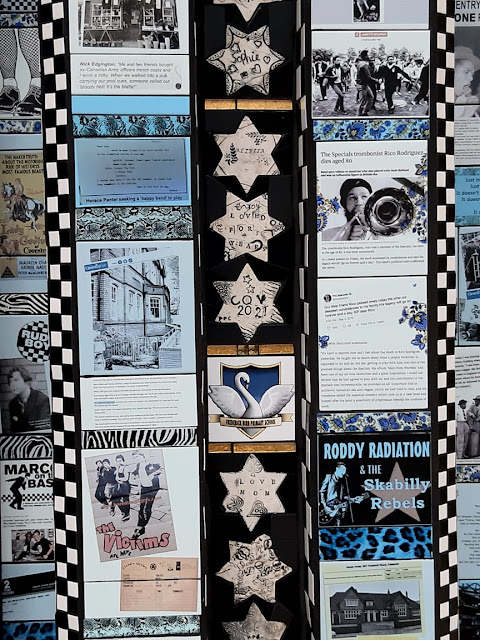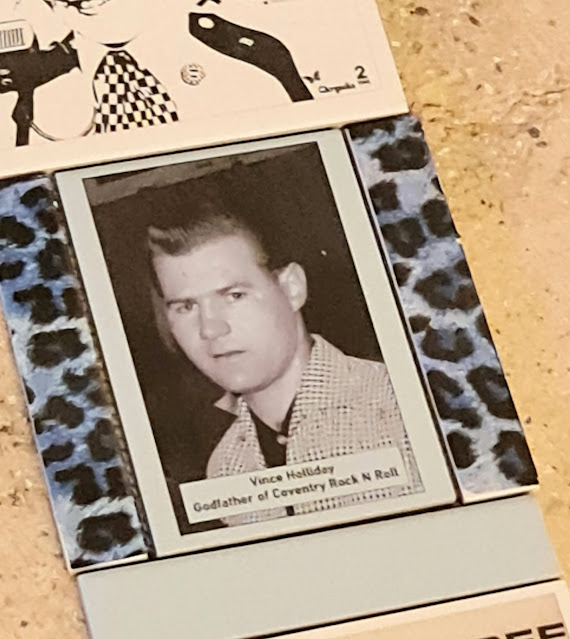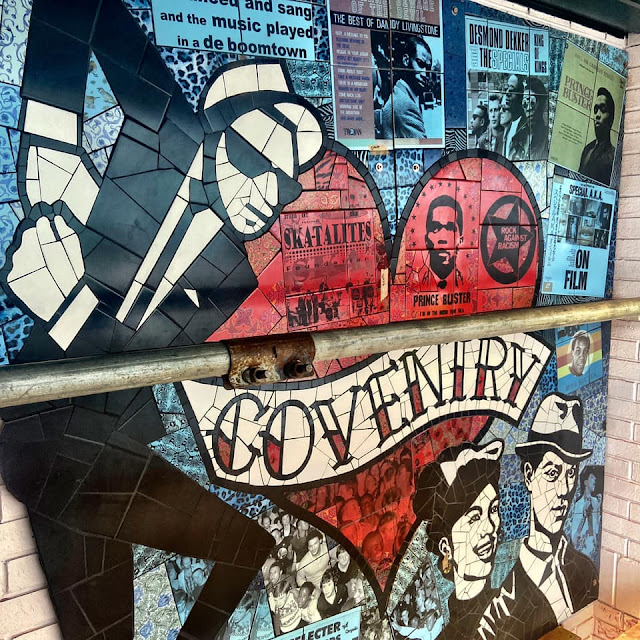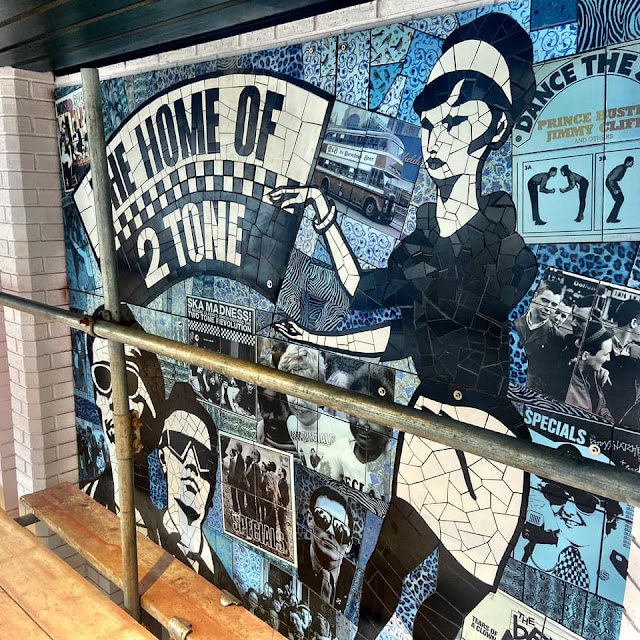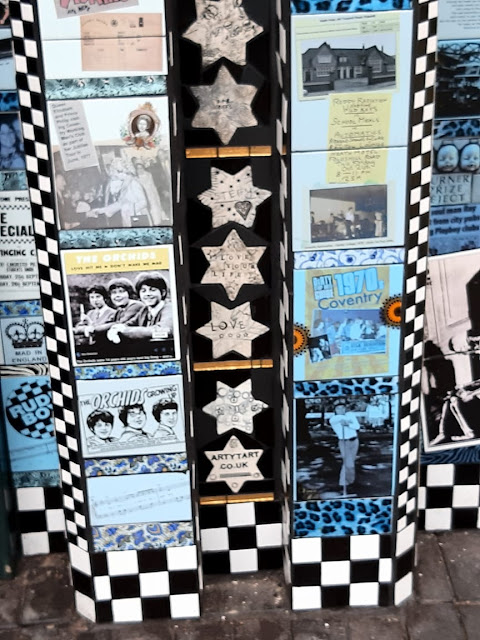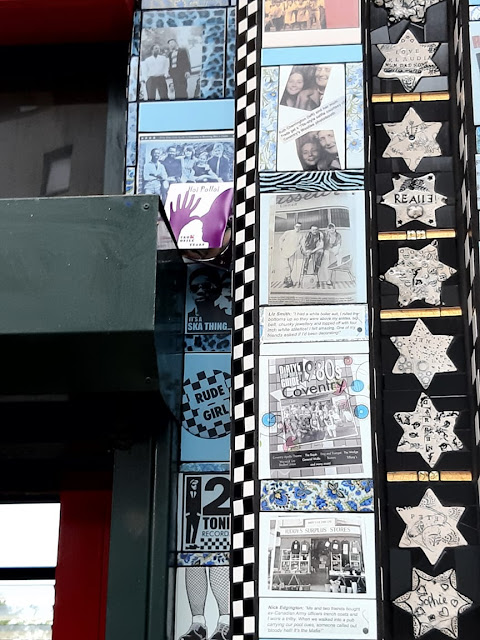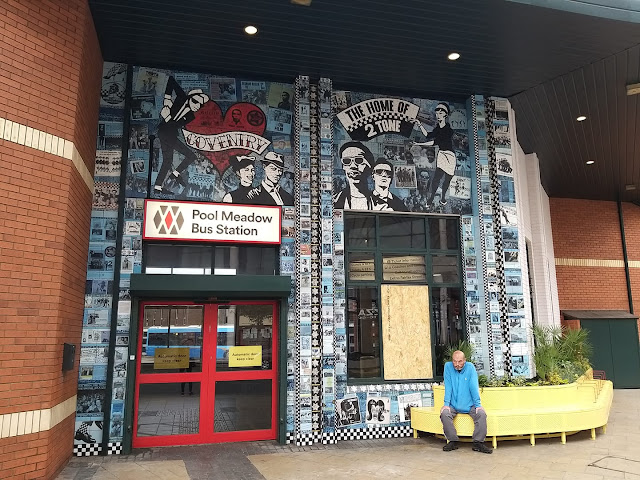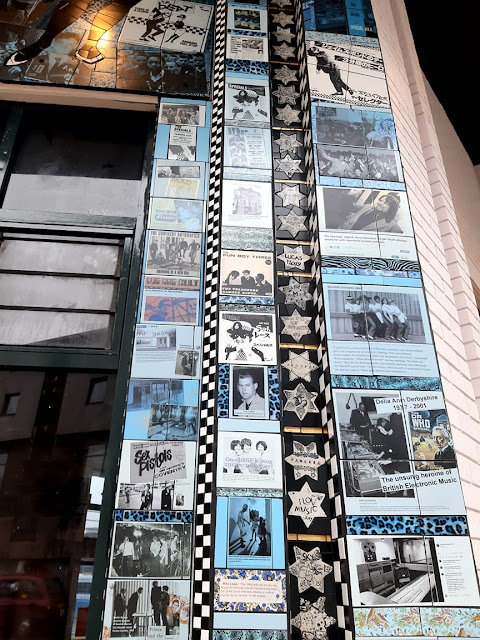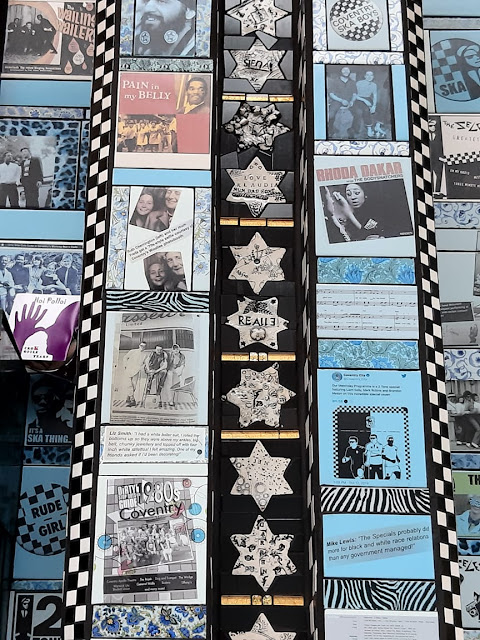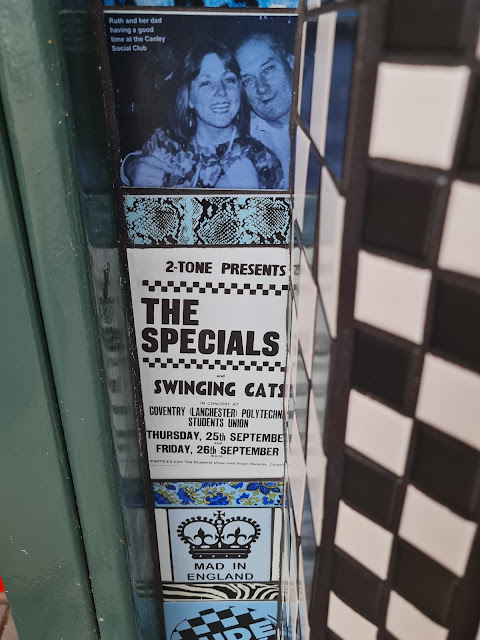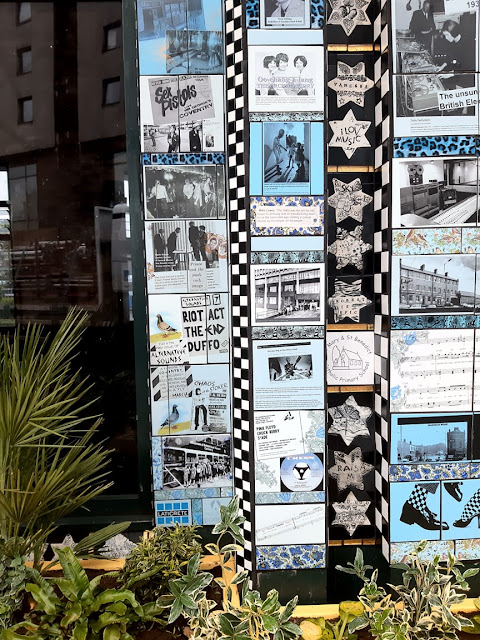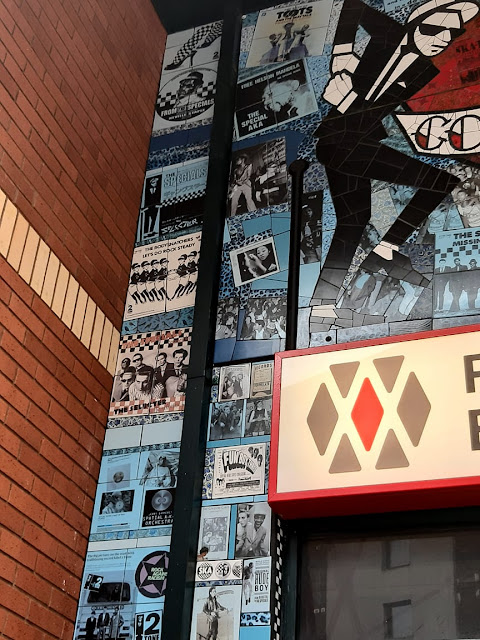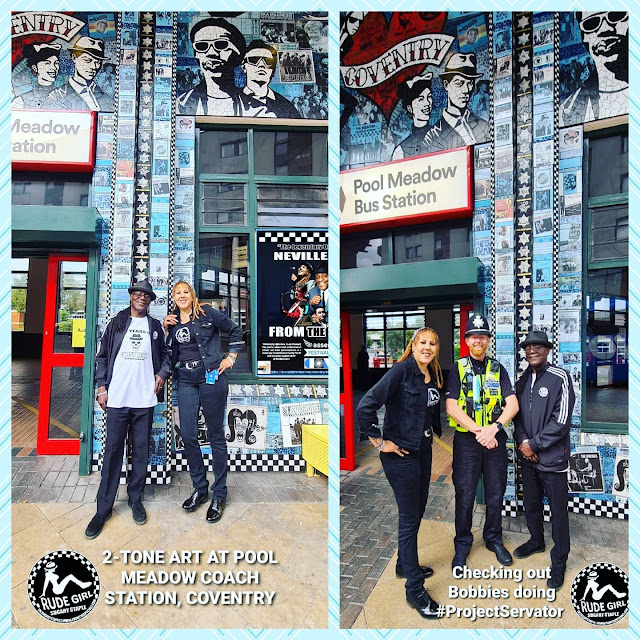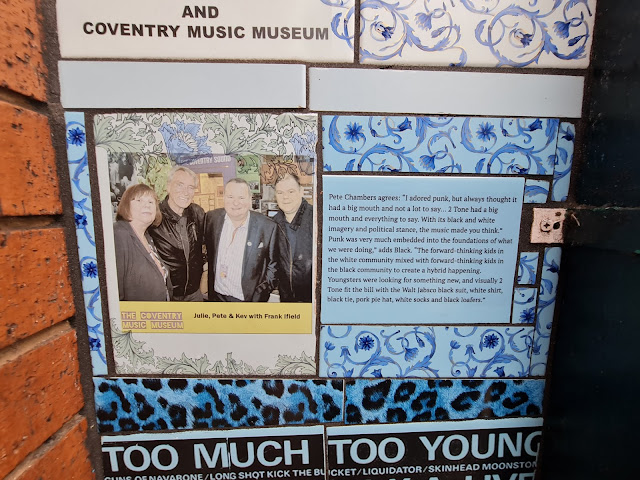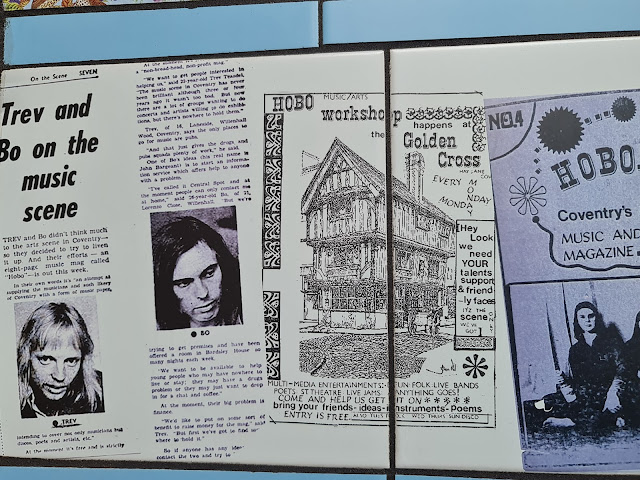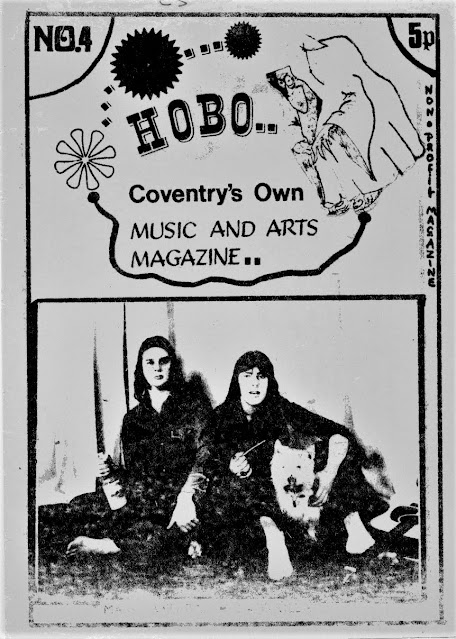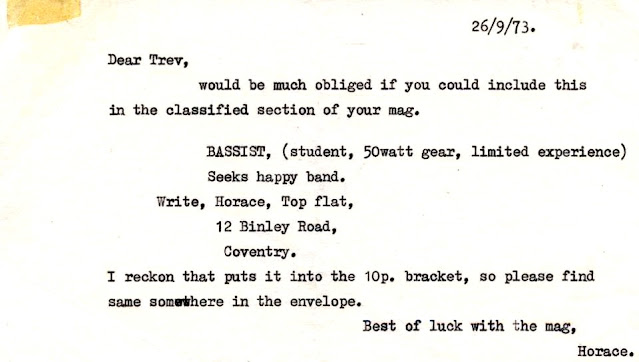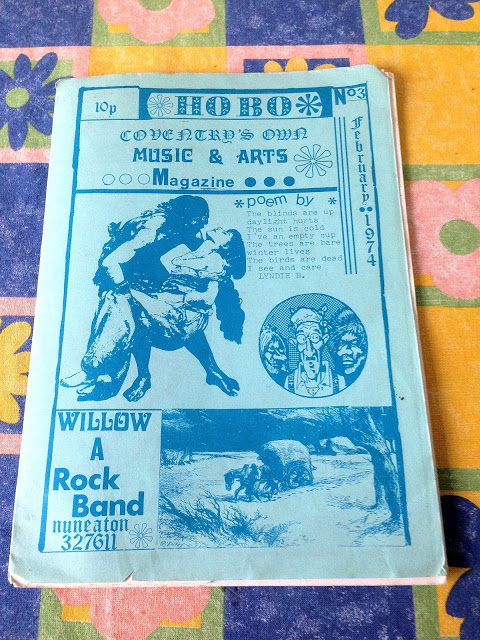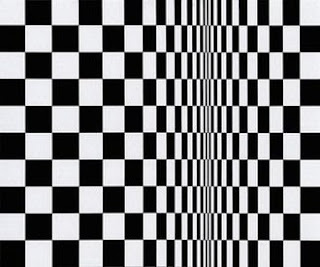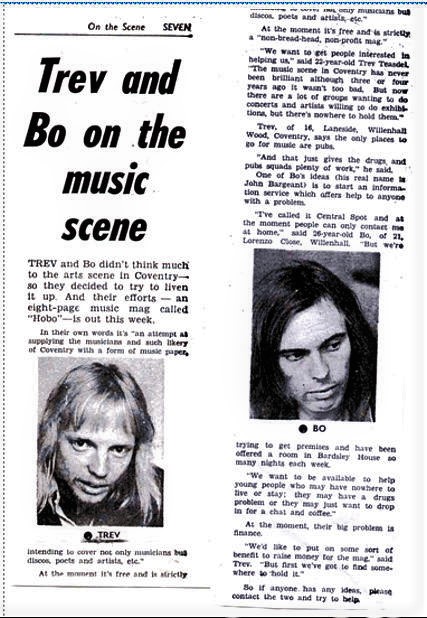How Rock ‘n’ Roll Grew in Coventry During 1950s
by Pete Clemons
We all know that Rock ‘n’ Roll had its beginnings in America. But its impact in the UK was equally as profound. So much so that BBC radio would not initially play rock n roll. Instead you had to go searching around stations like Radio Luxembourg to hear it.
Artists such as Chuck Berry, Ray Charles, Bill Haley, Elvis Presley, Little Richard, Jerry Lee Lewis, Gene Vincent, Eddie Cochran and many others all came to prominence during this period and had a tremendous influence over here in the UK.
So much so that this influence inspired home grown acts such as The Shadows, Tommy Steele, Lonnie Donegan, Billy Fury and Cliff Richard and a whole host of others who produced their own versions of this new music.
It all began in the UK, I guess, with the Bill Haley and the Comets single ‘Shake Rattle and Roll’ which hit the top 10 during January 1955. The follow up, ‘ Rock Around the Clock’, failed to impress initially but after it was featured on the Blackboard Jungle film on release that all changed as the song hit No1 during December 1955.
Elvis Presley, who had been releasing records in America since 1954, first came to prominence in the UK with ‘Heartbreak Hotel’ released during Jan/Feb 1956 on the previously ‘respectable’ HMV record label.
As for Coventry, the earliest reference that I can find for any rock n roll references, dates back to mid to late 1956. The cutting I found advertised the film ‘Rock Around the Clock’ that was being shown at the now demolished Plaza cinema in Spon End. And this featured the music of Bill Haley and the Comets.
Around the same time a double bill of James Dean films was being shown at The Empire in Hertford Street. These events may well have possibly given rise to the birth of the teenager as we know them today.
It is also worth noting that at Coventry Theatre a yearly variety show, also known as the birthday show, tipped it’s hat toward rock ‘n’ roll in October 1956. The opening number of the show, which normally had a topical theme, involved a group of youngsters dancing to ‘Rock Around the Clock’. Topping the bill on that particular birthday show was Jimmy Jewel and Tommy Cooper.
Next up came the film ‘Shake Rattle and Roll’. This first appeared in Coventry cinema’s during January 1957. Ironically the storyline for this film is around the banning of rock ‘n’ roll. January 1957 also saw the UK release of the follow up film to ‘Shake Rattle and Roll’. And this was titled ‘Don’t Knock the Rock’. Again it featured the music of Bill Haley.
These films led to teenage commotion in the cinemas up and down the country. A prediction was that the forthcoming visit to the UK by Bill Haley and the Comets could provoke even more rock ‘n’ roll related trouble.
Bill Haley and the Comets were actually formed during the early 1950s as a country band. As time passed and influences grew they developed the rock ‘n’ roll sound. And Bill Haley would tour the UK during February 1957. And that tour would take in Coventry with 2 shows sold out shows at the Gaumont in Jordan Well later known as the Odeon. And judging by the thousands who were outside the Gaumont at the time of the concerts, could have sold out many times over.
Such was the anticipation around Bill Haley’s visit that a week before the concerts at the Gaumont a band called the Sid Phillips Orchestra had played at Coventry Theatre. Trumpeter Kenny Ball, who was at that time a member of the band before finding fame with his own band, broke into a rendition of ‘Rock Around The Clock’ to frenzied applause from the audience. This kind of thing was, by all accounts, unheard of at concerts of this nature.
A year after the Bill Haley visit media reports suggested that rock ‘n’ roll was on it’s way out. However I did find a report in a Coventry newspaper that very much disputed this claim
1956 had also the year that coffee bars began to spring up in abundance. Initially, they had opened in London some years earlier, but this new phenomena was also spreading nationally to city’s such as Coventry.
Coffee Bars were mainly independent which gave them that individual and unique touch. They were furnished with the cheapest Formica or plastic products available. And these coffee bars began to give the teenagers of that time, who had grown out of youth clubs, an outlet and a meeting place. They had exotic names like The Sorrento, El Cabarna and La Tropicale.
Some of these coffee bars like The Milano on Radford road, The Domino on Gosford Street and The Drumbeat on Holbrook Lane were also doubling up as music venues playing a mix of recorded music on the juke box and live music in the coffee bar itself.
And it was at the Drumbeat Club on Lockhurst Lane railway bridge that one of the earliest rock n roll bands formed in Coventry. They were called The Zodiacs and they first came together during 1959. They were formed by drummer Nigel Lomas and singer Maurice Redhead. The pair had first met at the Drumbeat in 1958.
The Drumbeat was actually a cellar club beneath the coffee bar, Nigel used to get up and sing there and have an occasional go on the drums. Also in the Zodiacs in those early days were Terry Wyatt and Graham Peace. Other people Nigel remembers from that time, and who were associated with the Zodiacs, were singer Mick Van de Stay and guitarist Jim Smith.
1959 also saw the formation of another Coventry rock n roll group. Called The Vampires they were fronted by none other than the legendary Vince Martin who later moved to Friars Promotions in Whitefriars Street and formed his own VM rock bands company from Earlsdon.
NME Chart November 1955 as Rock Around the Clock is featured in the film Blackboard Jungle and hits the top of the chart.


